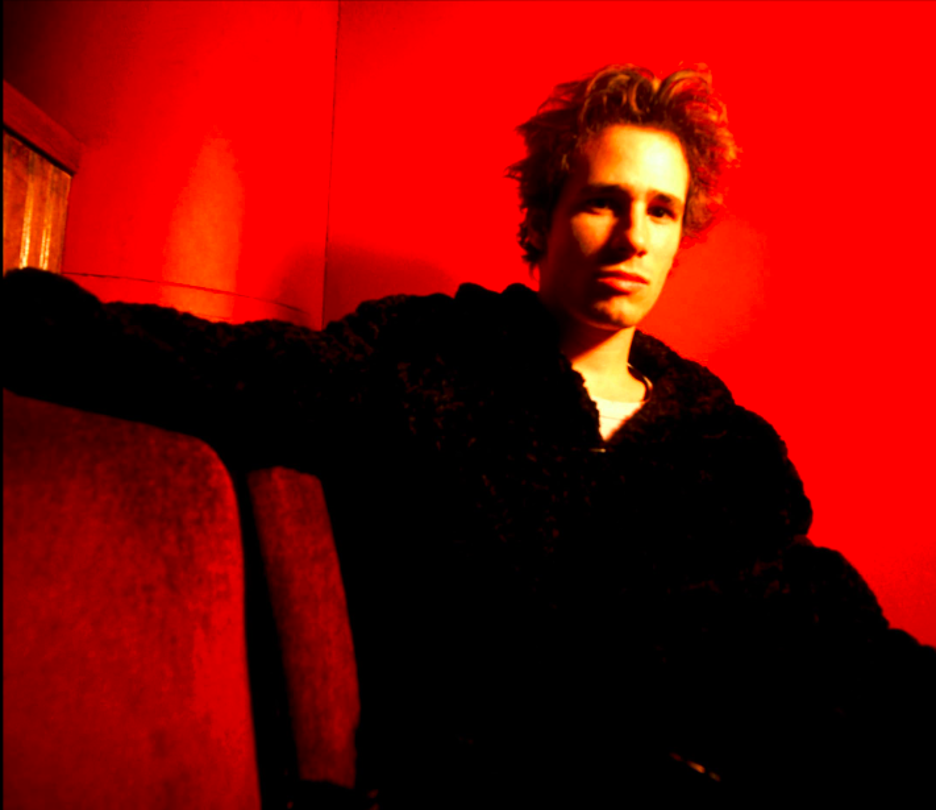
The youths of today are the professionals of tomorrow, and they’re calling into question the social guidelines of professionalism as the popularity of piercings and tattoos continues to grow.
According to the American College of Emergency Physicians, as of December 2011, 36 percent of Americans ages 25-29 had at least one tattoo and 47 percent of Americans ages 16-20 had at least one body piercing. The Journal of the American Osteopathic Association reported similar findings by a group of medical doctors that distributed a 30-item survey to 103 undergraduate students, ages 17-25 years, at the health center of a large urban university. Fifty-six percent of the students reported having a body piercing. Sixteen participants of them had a tattoo, while13 had both a tattoo and a body piercing. It was also found that the mean age of the first body piercing and tattoo were 17 and 19, respectively. In total, 98 percent of those surveyed claimed that at least one piercing was entirely socially acceptable.
With the rising popularity among the younger generation, Mary Catherine Beach, M.D., M.P.H., and Somnath Saha M.D., M.P.H. wrote in an article for the U.S. National Library of Medicine, “facial piercings, still largely seen as emblems of youth counter-culture, seem inconsistent with professional standards of appearance.” In the article titled “Free to Be You and Me?” they discuss the struggle faced in the professional world of physicians between their “rights to self-expression and their duty to act in the interest of patients.”
Acting in the interest of patients extends beyond the actual medical procedure administered by the doctor and includes appearance as well. Many patients subscribe to the social stereotype of doctors in their white coats and conservative dress and find it uncomfortable to be seen by doctor that has a visible body piercing or tattoo.
“Daily American” writer Jen Johnson believes that appearance is a key aspect in a professional setting. She says that some people falsely believe that qualifications matter more than appearances for job candidates. She also remarks in the article “Are tattoos and piercings acceptable in the workplace?” that “Corporate America today does not approve of tattoos for the majority and if so, they must be ‘non-offensive.’”
The notion of there being a separation between tattoos being “non-offensive” and “offensive” calls into consideration what qualifies as offensive, other than overtly insulting a particular group of people. It seems that society has taken upon itself to determine what is considered offensive and distribute that guideline amongst the professional world, but ultimately, there needs to be a line between what can simply be perceived as offensive and what is actually offensive.
While the professional world has opened up to the expression of religious or cultural practices, it neglects the involvement that tattoos or body piercings can have surrounding them as well. For instance, some practitioners of body modification consider piercings to be a spiritual practice, a rite of passage or the embodiment of the originally-intended bodily form. In some parts of the world, piercings are normative and considered part of one’s cultural identity. For instance, a woman recently sued her employer, a large corporation, over a policy forbidding her from wearing an eyebrow ring, stating that the policy constituted religious discrimination based on her affiliation with the Church of Body Modification.
“Body piercing may for some be little more than a cosmetic or fashion statement,” Beach and Saha commented. “For others, it holds much deeper significance.”
Brianna Ansell, also a writer for the Daily American, agrees with this statement and asks, “If you disagree with the fact that I support tattoos and piercings in the workplace, that is perfectly fine but, are you saying that I shouldn’t alter my body with things that I find meaningful?”
Kate Allen, a graduate assistant at the University of Massachusetts Career Services Office, is in charge of preparing students for interviews and internships and ultimately giving them insight into professional world itself. She says that the acceptance of tattoos and piercings in the workplace depends on the culture of the company.
“We really want to emphasize that the individual does their research before hand on the company,” she says, also noting that in some cases, those things can’t be looked up – and you have no option but to find out at the time of the interview. She adds that it is wiser to “err on the side of caution” and suggests that if you don’t know a company’s policy beforehand, it is best to remove your piercings and cover your tattoos.
While piercings and tattoos are still look down upon by many professionals, Ansell believes that “society itself is drastically changing and that the general public should be more accepting of this indisputable fact.” And of course, once the current generation is in the position to hire the next generation of new prospective employees, we will surely have loosened the restrictions on body mods in the workplace even further.
Erica Garnett can be reached at [email protected].



















sunflowertattoo • Mar 20, 2014 at 4:49 pm
it’s not about the things on the outside that should matter. it should be the character of the person that matters. My honest opinion.